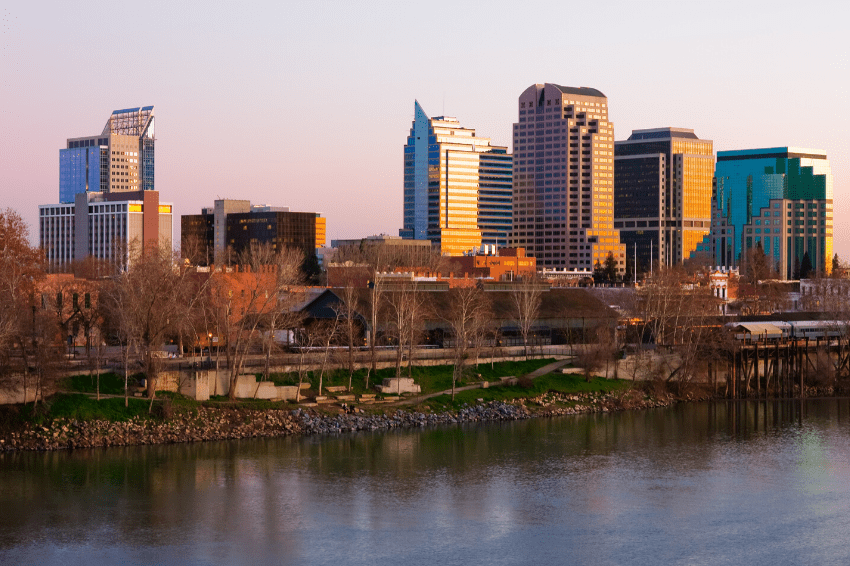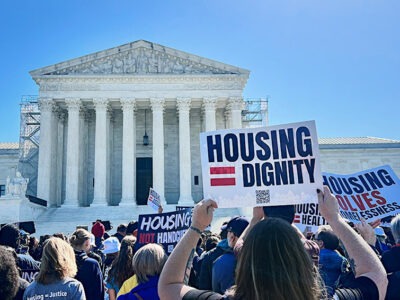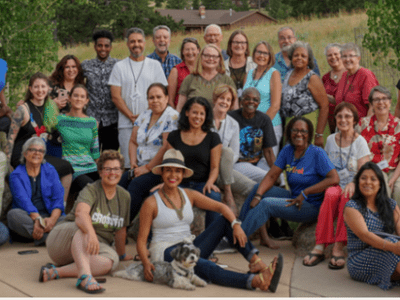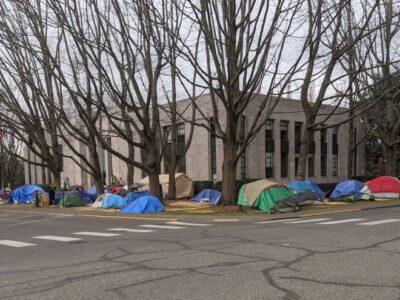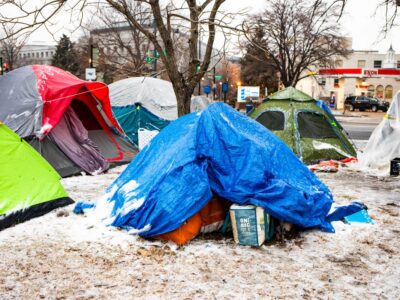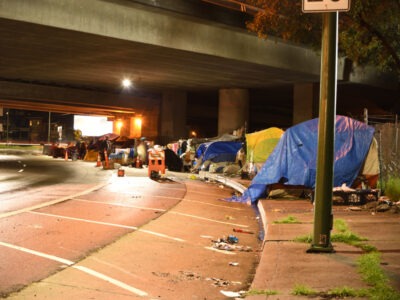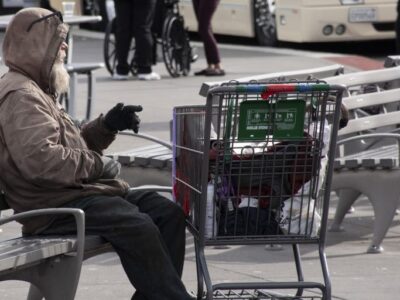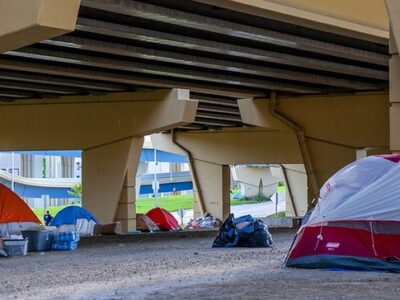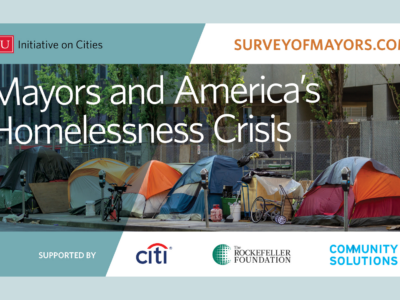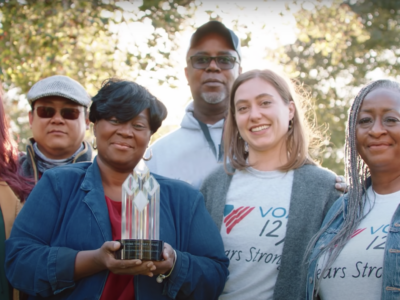Many elected officials are stepping up during the pandemic to house our most vulnerable community members, but long-term solutions are needed.
The coronavirus pandemic is challenging our elected officials and community leaders to take bold, unprecedented moves to protect our most vulnerable neighbors. As the coronavirus pandemic began to hit communities across the country, many city and state leaders acted quickly to find solutions to stop the spread of COVID-19 and protect those most at-risk at contracting and spreading this illness.
Many localities and leaders demonstrated the power to take urgent, historic action to address homelessness. Communities moved people experiencing homelessness, in significant numbers, from streets and shelters into hotels and motels. From sherrifs to governors, elected officials across the country also enacted policies to prevent evictions and are investing resources to ensure people experiencing homelessness — and those serving them — can implement protective measures to continue to prevent the spread of COVID-19.
While these short-term solutions are necessary and are saving lives, lawmakers should also focus on long-term solutions to end homelessness in their communities. With these temporary solutions in place, lawmakers have the opportunity to break down the barriers to ending homelessness to ensure that everyone in their community has a place to call home.
Actions Taken by Elected Officials
State and local governments across the country enacted and/or enforced rent and eviction moratoriums to protect vulnerable families and individuals from losing their homes, including:
- Governors issued state-wide orders in Nevada, Massachusetts, New Hampshire, New York, Washington, and Pennsylvania.
- County officials or sheriffs departments issued county-wide orders in Sacramento County, California; Dane County, Wisconsin; Wayne County, Michigan; Mecklenburg County, North Carolina; Charleston County, South Carolina; Maricopa, County, Arizona.
- Mayors and/or City Councils issued city-wide orders in Sante Fe, New Mexico; Washington, DC; Baltimore, Maryland; Richmond, Virgina; New Orleans, Louisiana.
Governors in several states issued executive orders to provide “non-congregant” housing to people who are homeless and at-risk of contracting or spreading COVID.
- States include: Alabama, Alaska, California Connecticut, Illinois, Massachusetts, Minnesota, New Hampshire, Ohio, and Vermont.
State leaders also allocated or proposed millions of dollars for interventions aimed at protecting their homeless populations.
- Virginia Governor Ralph Northam announced a $2.5 million emergency fund to shelter Virginia’s homeless population.
- California Governor Newsom allocated $150 million to local governments to provide emergency shelter and to purchase hotels and motels.
- Arizona Governor Ducey provided $5 million for assisting homeless shelters with isolation, quarantine, and sanitation supplies and services.
- The Alaska legislature provided $8.1 million to their Housing Assistance Program for the next fiscal year.
- Several other states have introduced or proposed additional funding to support and protect their homeless populations and those at-risk of homelessness.
The federal government also took unprecedented steps to support vulnerable populations.
- On March 18, the Department of Housing and Urban Development (HUD) issued a moratorium on foreclosures and evictions for 60 days.
- This spring, Congress passed multiple funding bills supporting an array of sectors that have been impacted by COVID-19, such as housing organizations and the homeless response system. The largest bill, the CARES Act, provided $12 billion to the Department of Housing and Urban Development (HUD).
Now is the Time to End Homelessness
This pandemic revealed the types of bold steps elected officials can take to address homelessness in their communities. Our leaders have the opportunity to learn from these short-term solutions and focus on removing the barriers in order to end homelessness in their communities.
Elected officials can use this moment to enact long-term solutions that ensure:
- All people on the streets are connected with safe accommodation. Make sure those who are older, disabled, ill, and chronically homeless are moved into permanent housing.
- All those in temporary accommodations are moved into permanent homes. Nobody goes back to homelessness. We must rapidly identify and secure affordable housing options and provide the proper support for those temporarily housed in hotels and motel rooms across the country.
- We prevent a new wave of homelessness. Every indicator, from unemployment to expiring eviction moratoria, points to a surge in new homelessness. We must prevent this crisis now.
COVID-19 reaffirmed that everyone deserves a safe, permanent home and lawmakers have the tools to make this a reality. Our communities and elected officials acted with appropriate urgency. Those actions can’t stop now.
